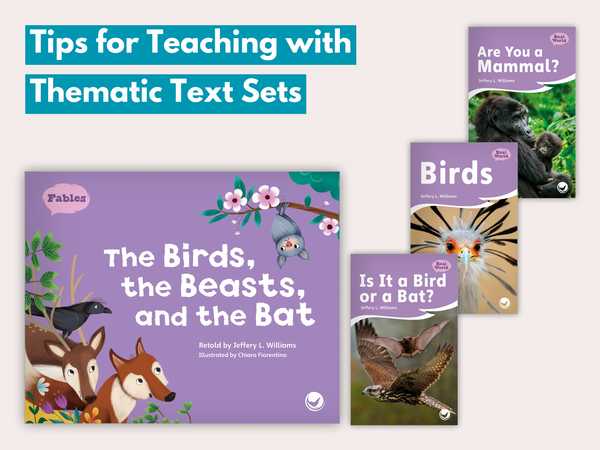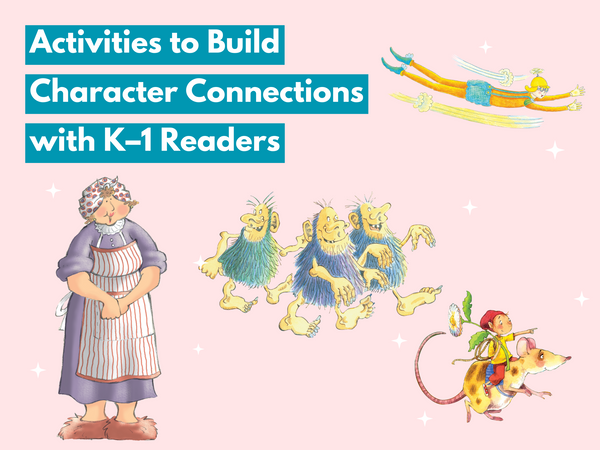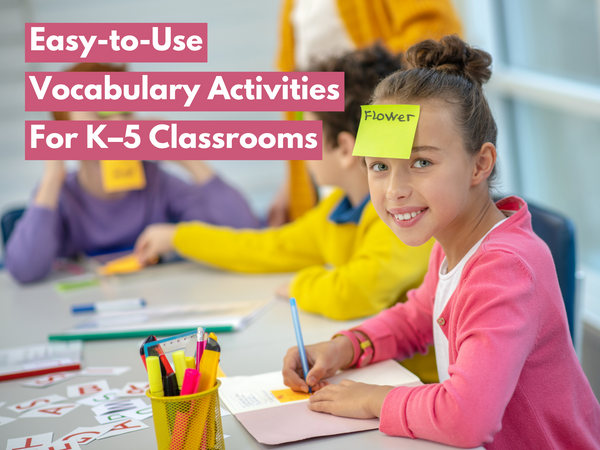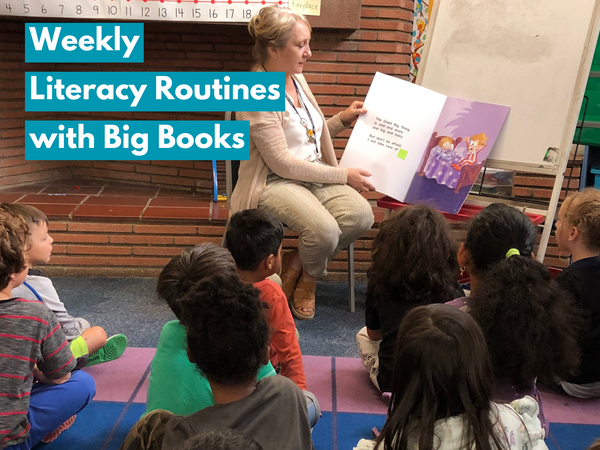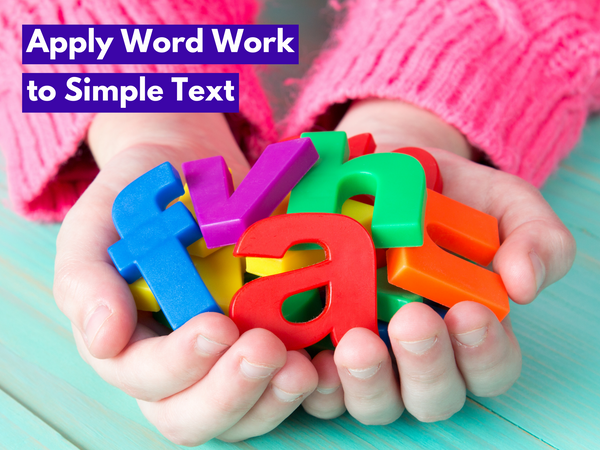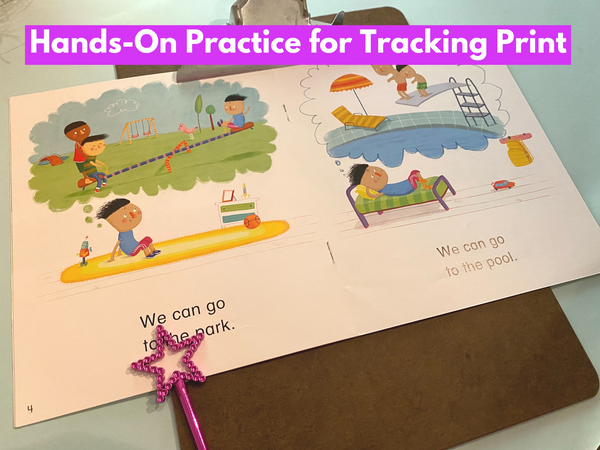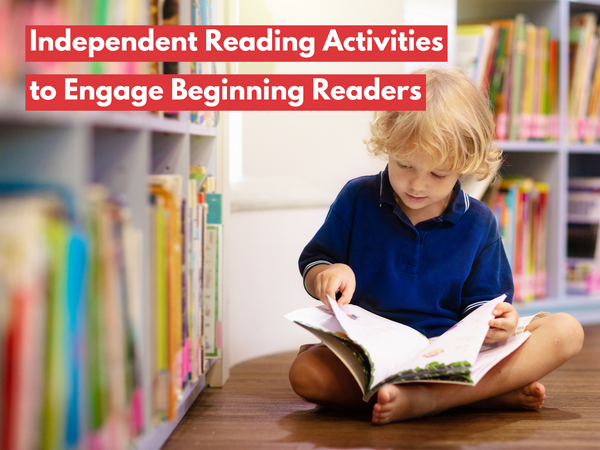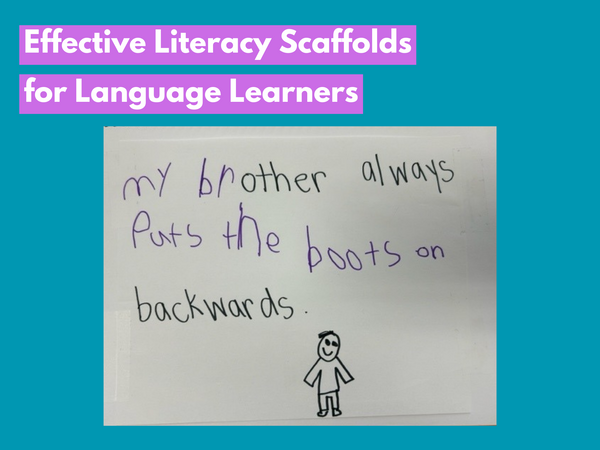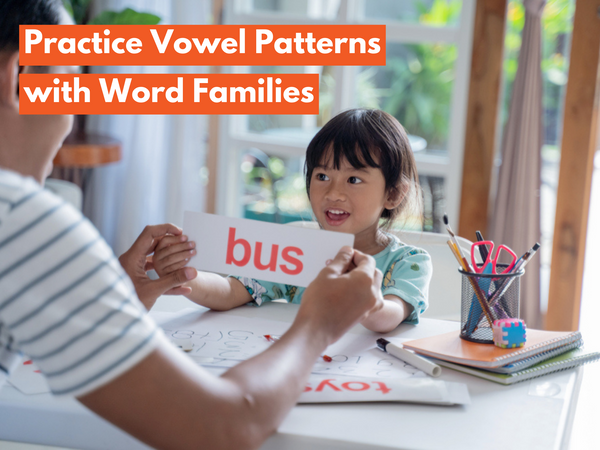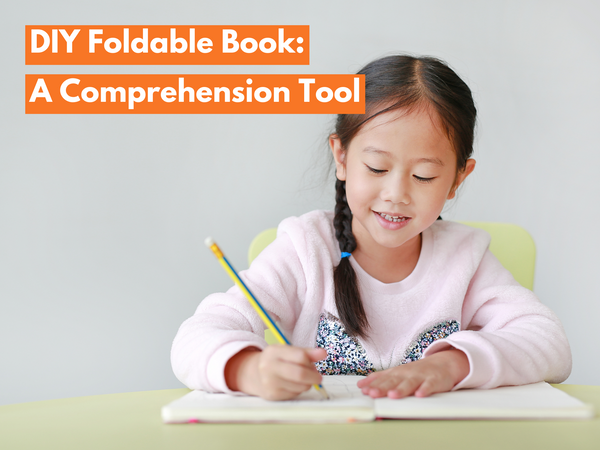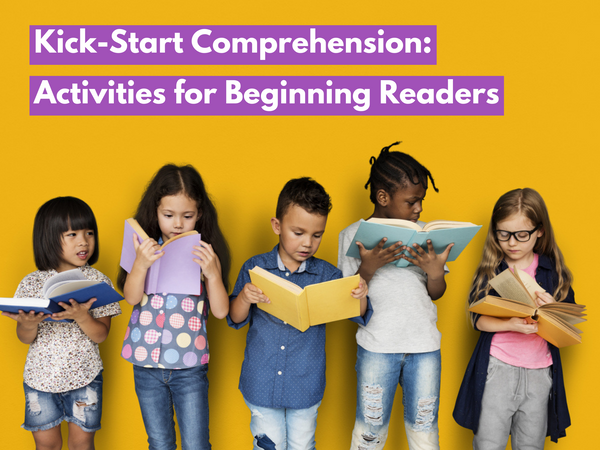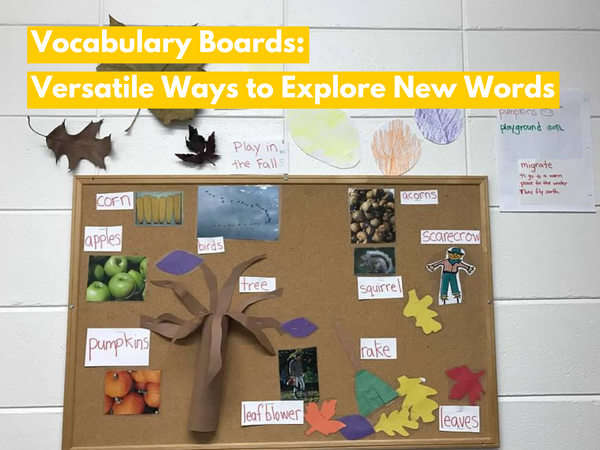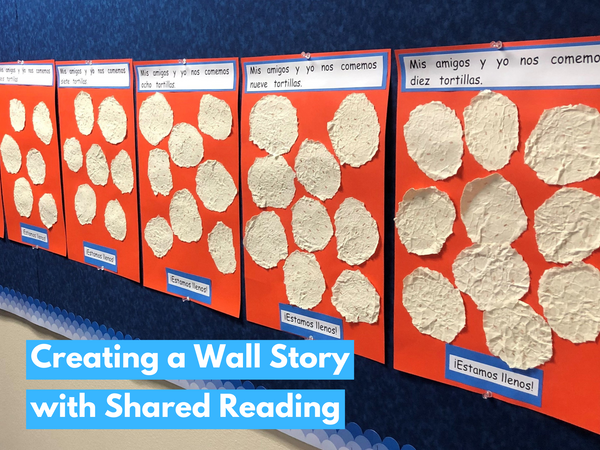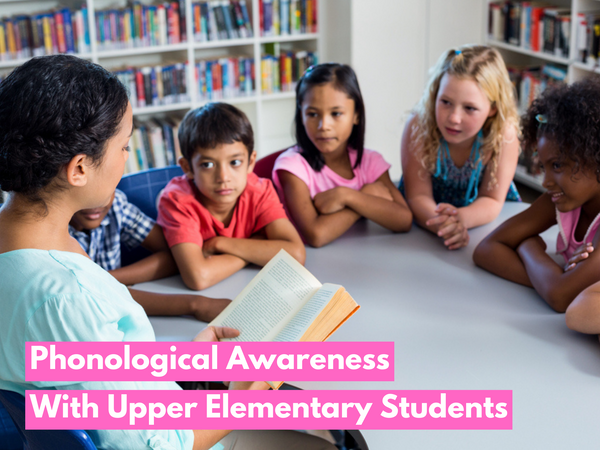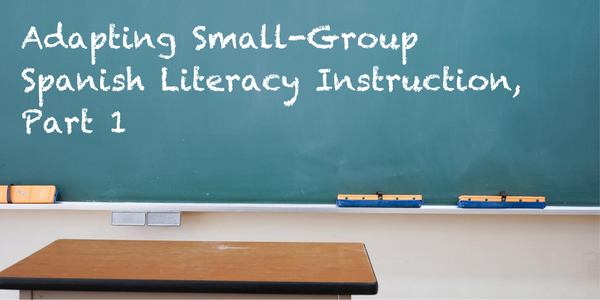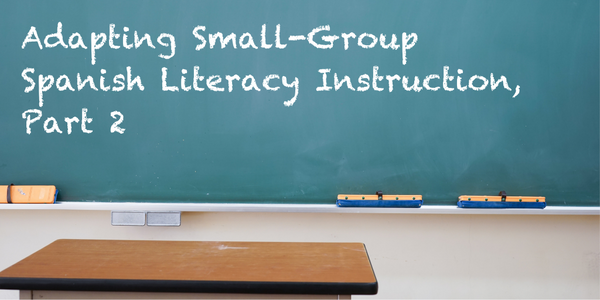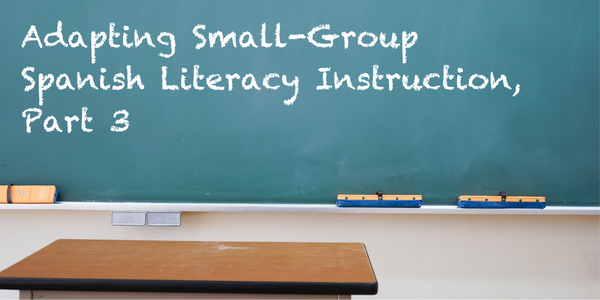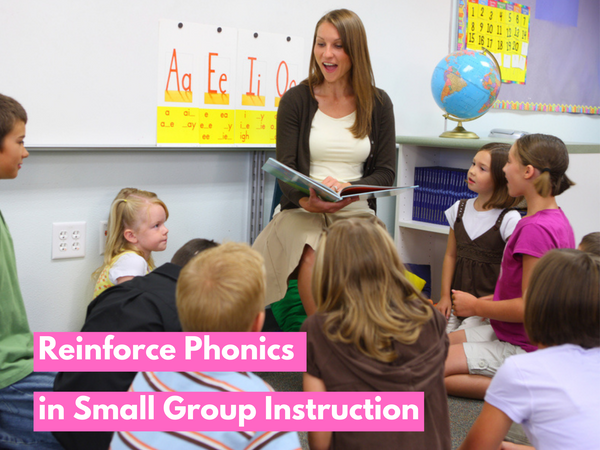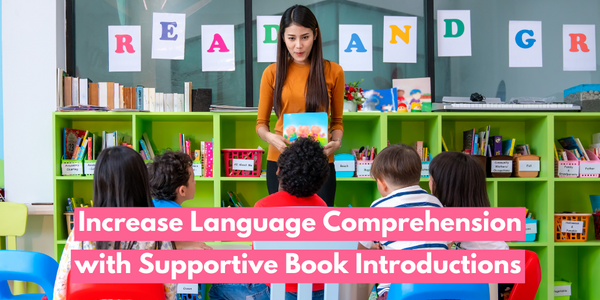Look forward to reading and writing with your child this summer! This list of simple ideas makes reading and writing at home fun and easy. Click here to download and print this list.
Read to Your Child
It can’t be said enough, the benefits of reading out loud to your child are endless! Schedule a weekly visit to your library and select a small stack of books your child is excited to read. Find a time of day that is easy to read (before bed, after work, during rest time, whatever works with your schedule). Do your best to read 1-2 books together during that time every day.
Find Books Related to What You Are Doing
If you visit the zoo, find animal books to read. If you take a vacation, find books about where you are going. Reading about places you go and experiences you have helps your child connect books and the real world.
Repeat Read
It might be confusing when a child only wants to read one particular book repeatedly. But remember, repeated readings of books provide a sense of comfort and help develop reading confidence.
Play Word Games
As you drive, walk, or cook in the kitchen, say a word that describes what you see. Clap that word in syllables or try to rhyme it. Talk about what sound the word starts or ends with and brainstorm other words that start/end with those sounds.
Binge-Read
Just like we get sucked into a series on TV, get hooked on books about a specific character! When kids fall in love with a character, they look forward to reading more books about them. Many character sets exist for readers of all ages, and you can find them online or at the library. For character sets that kindergarten through second graders will enjoy, click here.
Print Photos of Summer Activities & Write About Them
Encourage your child to write a sentence or two about pictures from summer adventures. Label the picture(s) with words or names of people. Use your own photos, look in magazines, or online.
Create a Why Book
This is a great way to embrace the phase children go through when they ask “why” about everything! Use a notebook to write down your child’s questions, using a new page for each topic. Revisit this notebook and investigate answers to the questions. Doing a Google search can be very tempting, but try to help your child search in books instead.
Make Lists
Ask for help writing the grocery list. When you shop, let your child cross off the items from the list. Create more lists, such as to-do lists, lists of activities you are doing, lists of family members’ names, lists of favorite foods…the lists go on and on!
Remember, any bit of practice at home greatly impacts your child's learning. You do not have to conquer the entire list; try one or two ideas to get started. Taking 10 minutes or more daily to read or write will help your child retain what they learned over the summer and feel confident entering a new grade in the fall.

















